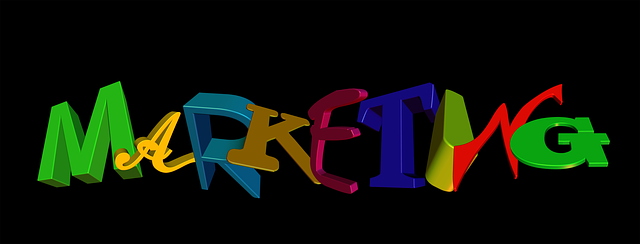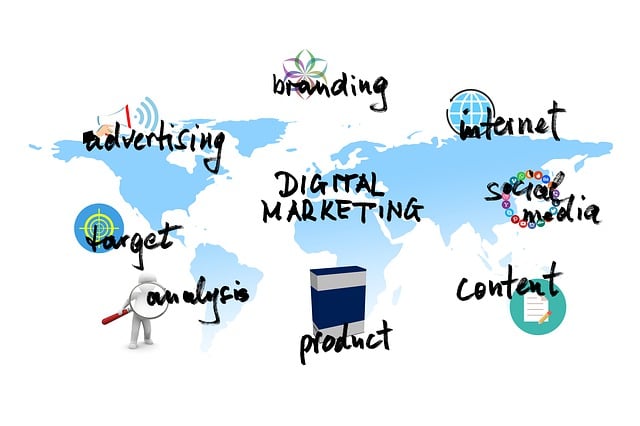Integrating Artificial Intelligence (AI) into RV repair processes is a game-changer, automating repetitive tasks and enhancing customer interactions through AI marketing strategies. AI's predictive capabilities prevent breakdowns, while AI-driven training keeps technicians skilled. Effective implementation requires strategic planning, including task automation, data curation, model training, and interactive workshops. This approach revolutionizes customer experiences, enhances operational efficiency, reduces costs, and improves accuracy in the competitive RV repair market.
In today’s digital age, Artificial Intelligence (AI) is transforming industries, and recreational vehicle (RV) repair is no exception. This article explores how AI integration can revolutionize RV repair teams’ efficiency and customer experience. We delve into the benefits of AI adoption, from streamlining workflows to enhancing decision-making. Additionally, we provide practical strategies for implementing AI training, ensuring teams are equipped to leverage these advancements. Discover how AI marketing can be a game-changer in promoting and improving RV repair services.
- Understanding AI Integration in RV Repair: Benefits and Potential
- Implementing AI Training for Teams: Strategies and Best Practices
- Enhancing Customer Experience with AI-Optimized Repair Workflows
Understanding AI Integration in RV Repair: Benefits and Potential

In today’s digital era, integrating Artificial Intelligence (AI) in RV repair teams offers a transformative opportunity to enhance efficiency and accuracy. By leveraging AI marketing strategies, repair workflows can be streamlined significantly. For instance, AI can automate repetitive tasks like diagnosing issues based on historical data, enabling technicians to focus more on complex repairs and customer interaction. This not only improves job satisfaction but also accelerates service times.
The potential benefits of AI integration extend beyond faster repairs. These intelligent systems can provide predictive maintenance insights by analyzing patterns in RV performance data, reducing the likelihood of unexpected breakdowns. Moreover, AI-driven training modules can enhance technician skills, ensuring they stay updated with the latest repair techniques and industry standards. This continuous learning environment fosters a culture of excellence within RV repair teams.
Implementing AI Training for Teams: Strategies and Best Practices

Implementing AI training for RV repair teams involves strategic planning and best practices to ensure effective adoption and optimal results in improving RV repair workflows. Begin by identifying specific tasks suitable for automation, such as diagnostic analysis or inventory management. Next, curate a diverse dataset relevant to RV repairs, including images, manuals, and historical data. Train AI models using these datasets, focusing on accuracy and precision to avoid misdiagnoses or errors.
Engage your team in the training process through interactive workshops and hands-on sessions. Foster a culture of continuous learning by encouraging feedback loops where team members can contribute insights and correct model outputs. Leverage AI marketing tools to showcase the benefits of automation, such as increased efficiency, reduced costs, and improved accuracy. Regularly update and refine models based on real-world performance data, ensuring they remain effective as RV repair technologies evolve.
Enhancing Customer Experience with AI-Optimized Repair Workflows

In today’s digital era, leveraging AI marketing for improving RV repair workflows is transforming the customer experience. By integrating artificial intelligence into repair processes, RV repair teams can streamline operations, reduce turnaround times, and deliver more efficient services. AI algorithms can analyze historical data to predict common issues, enabling technicians to proactively address problems before they escalate. This proactive approach enhances customer satisfaction by minimizing unexpected delays and ensuring faster repairs.
Furthermore, AI-optimized workflows allow for better resource allocation and cost management. Intelligent systems can identify patterns in repair requests, helping businesses optimize inventory levels and reduce waste. As a result, customers benefit from more transparent pricing and consistent, high-quality service. This integration of AI technology not only improves operational efficiency but also positions RV repair teams as innovative leaders in their industry, setting them apart in a competitive market.
Integrating AI into RV repair teams offers significant advantages, from streamlining workflows to enhancing customer experiences. By implementing strategic AI training and adopting best practices, repair shops can future-proof their operations and stay competitive in the market. Leveraging AI marketing strategies enables them to showcase these advancements, attracting tech-savvy customers who value efficient and optimized services. With continuous learning and adaptation, RV repair businesses can ensure they’re providing top-notch care while staying ahead of industry trends.
